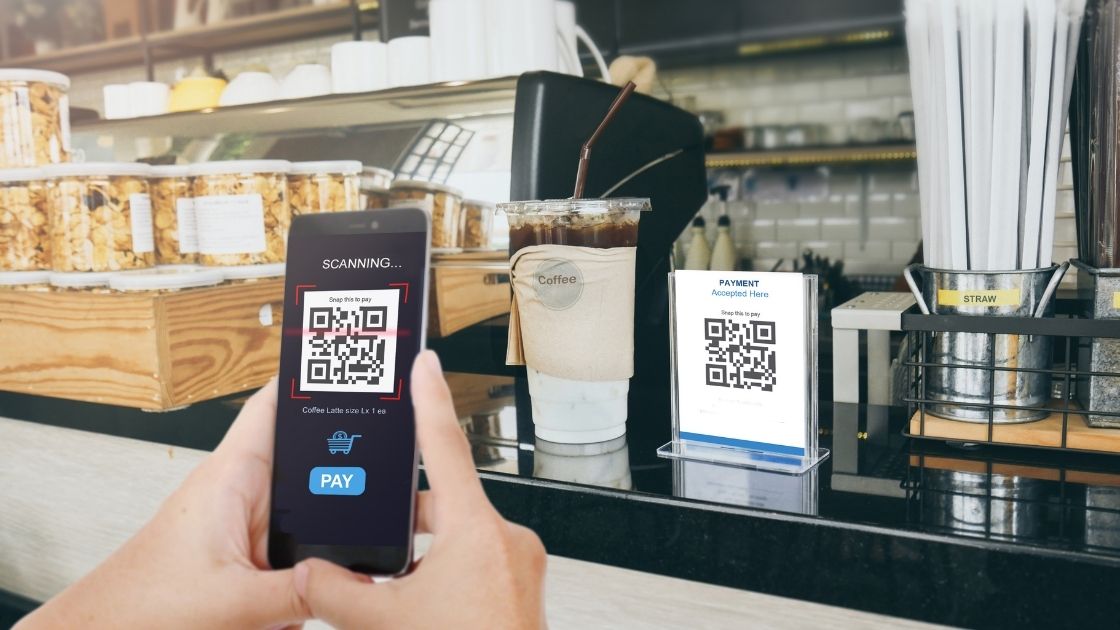If you’re looking for a private, fast and cheap alternative to sending money between bank accounts, e-Money is your solution.
e-Money is electronic money – A stored value of money kept on a ledger that can be easily used to make instant payments for a wide variety of reasons.
Not to be confused with cryptocurrency such as Bitcoin, e-Money’s ledger is not decentralised in nature and is purely an easy way to transfer fiat currency without the need for bank accounts. e-Money instead acts as a private prepaid account which doesn’t require a traditional bank account to transfer, spend or redeem the fiat currency balance in your wallet.
You could say that e-Wallet providers sit above the existing banking infrastructure, providing a real-time payment service to their users.
We’ve answered the key questions around the topic of e-Money and highlighted some of the advantages that e-Money and e-Money issuers have over services offered by the traditional banking sector.
Who Issues e-Money?
It’s worth noting straight off the bat, that e-Money providers are not bank accounts. They’re instead a unique banking alternative, with separate licenses that still allow them to hold money and facilitate fiat transactions.
e-Money wallets can be funded through a variety of methods (e.g. credit card, debit card, bank account or PayPal stored-value balance), but as they’re not regarded as banking or investment products, the result is that no interest is payable on the balance.
The Most Popular e-Money Issuer: PayPal
When it comes to talking about e-Money issuers, the most well-known example is PayPal. A company that we’re sure you’ve no doubt had some sort of interaction within your lifetime.
PayPal focuses their attention primarily on low-value payments, providing a useful alternative for merchants that brings a range of established payment methods together under one account.
One of the functions that have seen PayPal’s popularity explode has been facilitating occasional sellers (such as those found on now parent company eBay), to seamlessly accept card payments without having to set up the infrastructure normally required themselves.
As you can see, they provide a simple electronic payment system that is simple to get up and running for merchants and primarily make money as a company by charging a range of fees on deposits, withdrawals and transfers.
Of course, these fees range depending on how the particular account is used but are a lot cheaper than some international transfer fees charged by banks.
Why Use e-Money?
Using e-Money is most often the cheaper and more convenient choice when compared to using a bank for smaller transactions and cross border payments.
Not to mention e-Money transfers are often faster than bank transfers too, especially when you take international, multi-currency transactions into consideration.
This makes e-Money perfect for the sharing economy. Meaning for gig-workers, freelancers, affiliate markers, peer-to-peer marketplaces and the like.
When it comes to why you may choose to use e-Money, we’ve listed some of the key features for both buyers and sellers below:
- Privacy – The other party will never be able to see names or financial details because their privacy is secured through the e-Money issuer themselves. This is often done through a username or email address system. e-Money is a much safer, more anonymous option than using bank accounts, credit cards and face to face cash.
- Speed – If you send money via the traditional banking system, it can often take days to reach its destination. When it comes to the major eMoney players, this is in no way the case. Slow transaction speeds are only exaggerated when transfers feature cross border payments and international currency conversions. eMoney payments are often processed in real-time.
- Cost – eMoney is also a much cheaper option when compared to traditional financial services. Quite often you won’t be charged any fees at all to transfer money to local friends or to buy goods/services online. e-Money fees are primarily focused on high volume sellers and large international transfers.
- Security – When using a regulated e-Money issuer for transactions, you can be assured that you’re using a secure system with in-built protections for both buyers and sellers. The eMoney issuer’s cost base includes their own risk management and insurance protocols for if things go wrong. So peace of mind is ensured.
Are e-Wallets the Same as Online Bank Accounts?
No, e-Wallets are not the same as traditionally regulated bank accounts. Think of e-Wallet providers as merchants that sit above the traditional banking infrastructure.
Companies that issue e-Money are not allowed to repurpose the money they have on hand. This means that they’re unable to charge interest, loan that money out or go on and invest it as a bank would do.
e-Wallets are also unlike credit cards. Issuers have no direct relationships with either side of the transaction and therefore don’t balance fees between participants.
They’re still highly safe, regulated options, but are much more nimble and user friendly when it comes to the services they offer. Especially to smaller merchants and individual consumers.
Servicing the Unbanked
One often unspoken advantage to the rise of e-Wallets is that they’re able to provide financial services to people without current access to traditional banking services.
Their cheaper product suite can open up a range of financial services and options that would otherwise be completely unattainable to a massive chunk of the global population.
Not to mention those e-Wallets offer products and services that are both cheaper and easier to use for those with bank accounts, but who still feel isolated by the regulatory hoops that are required in some jurisdictions.
What does e-Money Regulation Look Like Across the Globe?
e-Money offers highly safe, regulated options to consumers, but is regulated in a totally different manner to the banking sector. A summarised look at the regulatory framework of e-Money issuers across major global financial centres is as follows:
- Singapore – The Monetary Authority of Singapore (MAS) views e-Money issuers as holders of stored value rather than deposit takers. Singapore is well recognised as a fintech-hub and guidelines are clear and open to encourage the already blossoming industry in the region.
- The United States – e-Money issuers in the United States, while not considered to be banks, are still subject to AML/CTF laws and regulations to protect local consumers.
- Europe – In the European Union, even though they are not considered deposit-takers, e-Money issuers are regulated as if they are banks.
- Australia – The Australian Prudential Regulation Authority (APRA) sees e-Money issuers as providers of purchased payment facilities. As a result, they’re subject to strict capital, liquidity and other operational requirements. e-Money issuers in Australia are also required to hold an AFSL issued by ASIC.
Final Thoughts on e-Money
As you can see, e-Money holds a unique position in the overall financial services space. Its nimble nature allows both individuals and merchants access to services that they otherwise wouldn’t be able to use. They’re almost always the cheaper, safer and faster option. This is all before again highlighting what e-Money does for the quality of life within the vast global population who are currently excluded from the traditional banking system. e-Money’s growing place in the overall financial system is no doubt secure heading forward.








